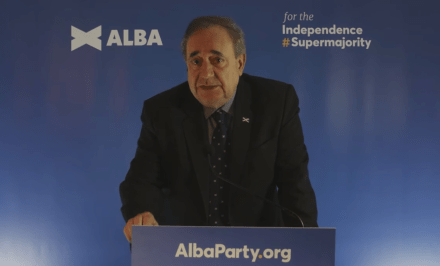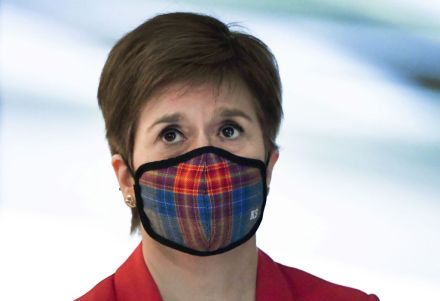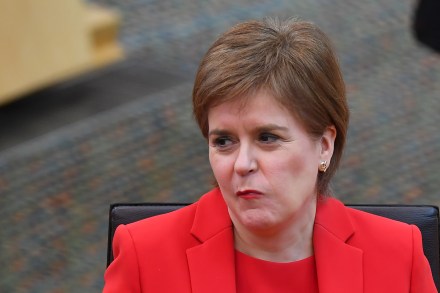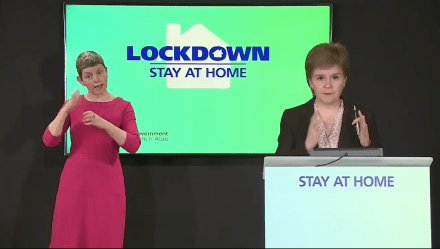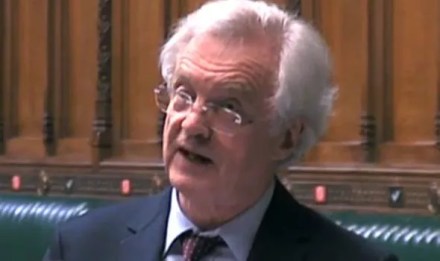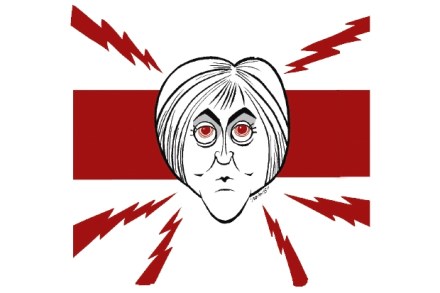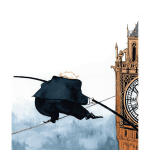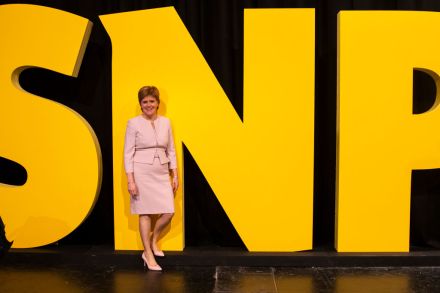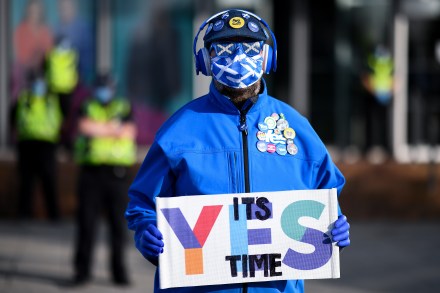Nat another one: Salmond’s disastrous party launch
The latest episode in Scotland’s longest-running soap opera was broadcast today as former first minister Alex Salmond took to YouTube to announce the launch of his new pro-independence party Alba. The new party, Salmond announced, would only contest list seats under Scotland’s additional member system, because, as he argued, the SNP is set to win the most constituencies and the more constituency seats you win, the harder it is to win them on the list. This, Salmond claimed, would help create a ‘supermajority’ for independence. Unfortunately that was the only thing that could be said to be ‘super’ about the launch. Connectivity problems plagued the livestream from the start meaning Salmond was intermittently forced to
